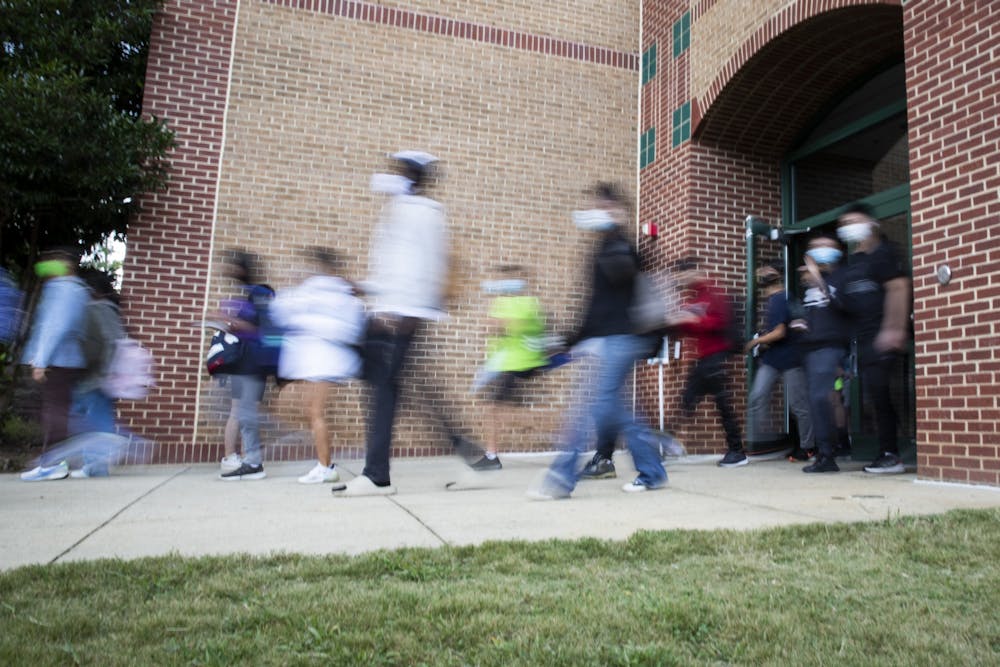With midterm elections right around the corner, many North Carolina high school students are encouraging their peers to show up to the polls.
The Center for Information and Research on Civic Learning and Engagement (CIRCLE), a nonpartisan research organization, found that 50 percent of individuals between the ages of 18 and 29 voted in the 2020 presidential election. The organization said this was likely one of the highest rates of youth electoral participation since the voting age was lowered to 18.
Elise Edmondson, a junior at Millbrook Magnet High School in Raleigh, said voting is one of the few ways young people get to influence what happens in the country, so it is important to not take it for granted.
“We have to grow up watching all these decisions get made that we don't really get a say in,” Edmondson said. “I feel like once you're able to vote, it's so important because you've seen the way different things impact people. Now it's our chance to finally do something about it.”
Though she is not eligible to vote in this election, Edmondson said she plans to vote in 2024.
Langley Maciejewski and Ananya Cox, the co-presidents of East Chapel Hill High School’s Democrats Club, said people under 18 can still make a difference even if they aren’t eligible to vote in the upcoming election.
Cox and Maciejewski said they have been working in civic engagement throughout their teenage years. They specifically noted the experience of trying to make a difference while being stuck at home and feeling helpless due to their age.
This motivated them to help give other students the opportunity to make an impact through work with the Democrats Club.
Those under 18 also have options to participate in the election process , including volunteering for political campaigns, attending campaign events and working the polls on Election Day.



